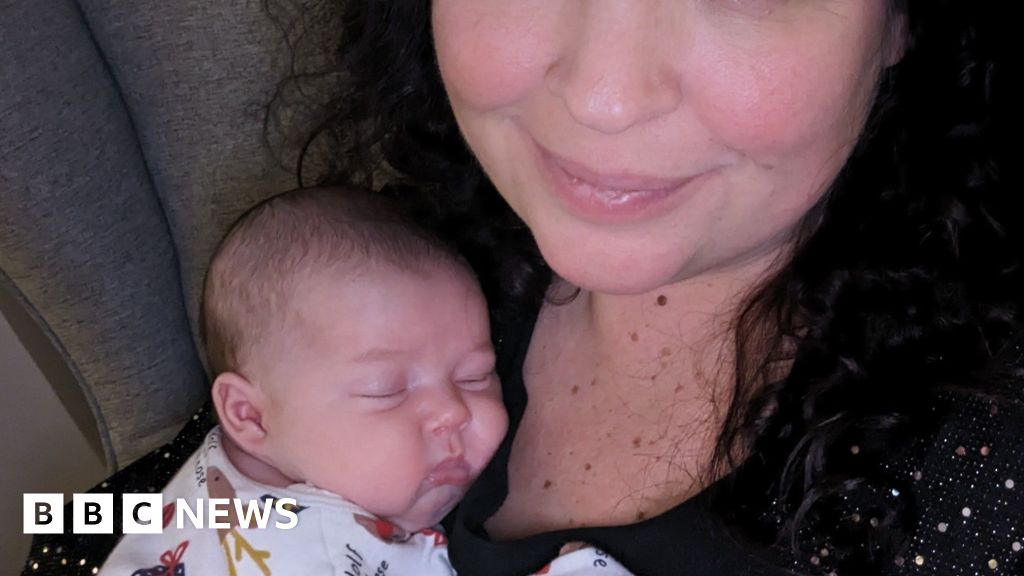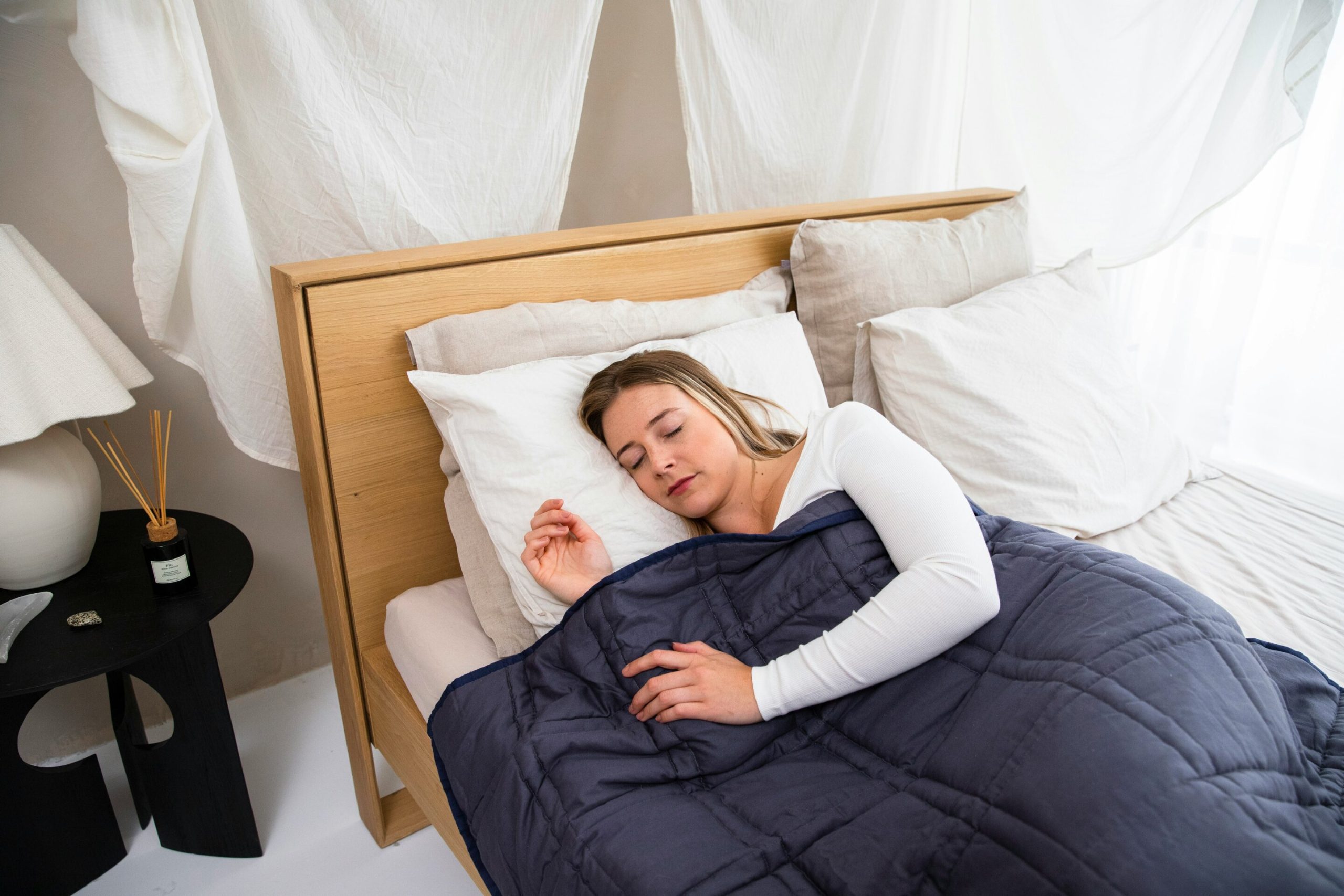Currently, the first-choice treatment for PTSD is exposure-based psychotherapy, where therapists help rewire the emotions associated with the traumatic memory in the patient’s brain, shifting from fear and arousal to a more neutral response. However, up to 50% of patients fail to respond well to this treatment. In a new study published on August 7 in the Cell Press journal Current Biology, scientists showed for the first time that reactivating therapeutically-altered memories during sleep leads to more brain activity related to memory processing, which is associated with a reduction in PTSD symptoms.
“Our goal is to unlock sleep as a new treatment window for PTSD,” says Hein van Marle, one of the paper’s senior authors and the study’s principal investigator at Amsterdam University Medical Center. “This is the first proof of concept for potentially enhancing daytime treatment effects during sleep.”
PTSD is a mental health disorder that can occur after experiencing or witnessing a traumatic event. People with PTSD may experience flashbacks, nightmares, heightened vigilance, hyperarousal, and mood and sleep problems. Currently available treatments for PTSD include eye movement desensitization and reprocessing (EMDR), where therapists guide patients through their traumatic memories while using a moving light or clicking sounds to distract them.
EMDR has shown positive results, but Van Marle says that success is low and dropping out from the treatment program is common among patients because revisiting traumatic memories is emotionally demanding.
So Van Marle and his collaborators, including first author Christa van der Heijden at Amsterdam University Medical Center and Lucia Talamini at the University of Amsterdam, set out to investigate how to boost the effect of EMDR treatment and make it long-lasting.
Sleep provides a unique opportunity to enhance the memory of newly formed emotional reactions to traumatic events. During sleep, the brain focuses on consolidating memories and storing information for the long term.
Previous research has shown that if someone forms a new memory in the presence of an experimentally administered sound or scent, exposing them to the sound or scent while they sleep can improve their ability to recall that memory after waking up. This memory-enhancement technique is called targeted memory reactivation (TMR).
During Van Marle’s experiment, the team first performed an EMDR session with a standard clicking sound in the background for 33 PTSD patients in the evening. At night, the researchers recorded these patients’ brain waves while they slept in the laboratory. For 17 of the patients, the team conducted TMR by playing the clicking sound used during the earlier EMDR session again when they were asleep, aiming to boost the storage of the EMDR treatment memory and alleviate PTSD symptoms.
They found that patients who received the sound during sleep showed higher levels of brain wave activities associated with memory processing and consolidation compared with participants who received no clicking sounds during sleep.
Within the TMR group, these induced changes in brain wave activity were associated with greater reductions in PTSD symptoms. In addition, the team found that patients who received TMR were less inclined to avoid their traumatic memory — a key symptom of PTSD — when they listened to an audio clip retelling the traumatic event.
However, the researchers did not see an improvement in PTSD symptoms among patients who received TMR compared with those who received only EMDR.
“During the night of TMR stimulation, we saw that presenting the EMDR clicks effectively enhanced the sleep physiology responsible for memory consolidation, with more enhancement leading to more significant reductions in symptoms. But the stimulation during our experiment wasn’t enough to produce differences in most clinical outcomes, partly because the EMDR session was already quite effective,” Van Marle says.
In a follow-up experiment slated to begin this fall, the team plans to administer TMR treatment to patients for five consecutive nights. Researchers are interested to see if repeated TMR will have a greater effect in reducing PTSD symptoms.
“The sleep and memory field has been wary to apply TMR in PTSD patients. We are really happy to see that TMR has no negative effects on these patients,” Van Marle says. None of the patients reported more nightmares or worsened sleep after TMR. “This gives us more confidence in applying it more frequently in our future work,” he says.
Many psychiatric disorders, such as phobias, anxiety disorders, and addiction, are also related to maladaptive memories. Van Marle hopes this work can inspire future research to explore the beneficial effects of TMR in treating other conditions.


